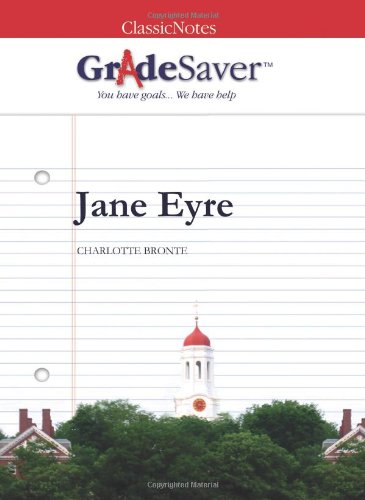This classic work of literary criticism uses bertha mason the titular madwoman as a lens to examine madness in victorian literature as a feminist response to stifling and oppressive victorian gender roles.
The madwoman in the attic sparknotes.
How might the analysis of any of the novels discussed change if examined through the lens of a first wave or third wave feminist.
The essays that comprise the text were all written during the second wave feminist movement that took place in the united states during the 1960s and 1970s.
The madwoman in the attic important quotes 1.
The woman writer and the nineteenth century literary imagination by sandra gilbert and susan gubar was first published in 1979.
A feminist classic judith shulevitz new york times book review a pivotal book one of those after which we will never think the same again carolyn g.
The madwoman in the attic essay topics 1.
The woman writer and the nineteenth century literary imagination is a 1979 book by sandra gilbert and susan gubar in which they examine victorian literature from a feminist perspective.
The woman writer and the nineteenth century literary imagination co authored by sandra m.
Male sexuality in other words is not just analogically but actually the essence of literary power.
The madwoman in the attic.
Heilbrun washington post book world a pathbreaking book of literary criticism is now reissued with a new introduction by lisa appignanesi that speaks to how the madwoman in the attic set the groundwork for subsequent generations.
It is considered a landmark of feminist.
They dealt with these tensions by creating a metaphor.
Published in 1979 this lengthy volume is now widely considered a foundational text of feminist literary criticism.
They created their own double a madwoman in the attic having identified this metaphor gilbert and gubar set out to explore its presence.
The madwoman in the attic.
The madwoman in the attic.
Gilbert and susan gubar is a nonfiction scholarly text comprising 16 interconnected essays.
Gilbert and gubar draw their title from charlotte brontë s jane eyre in which rochester s wife is kept secretly locked in an attic apartment by her husband.










